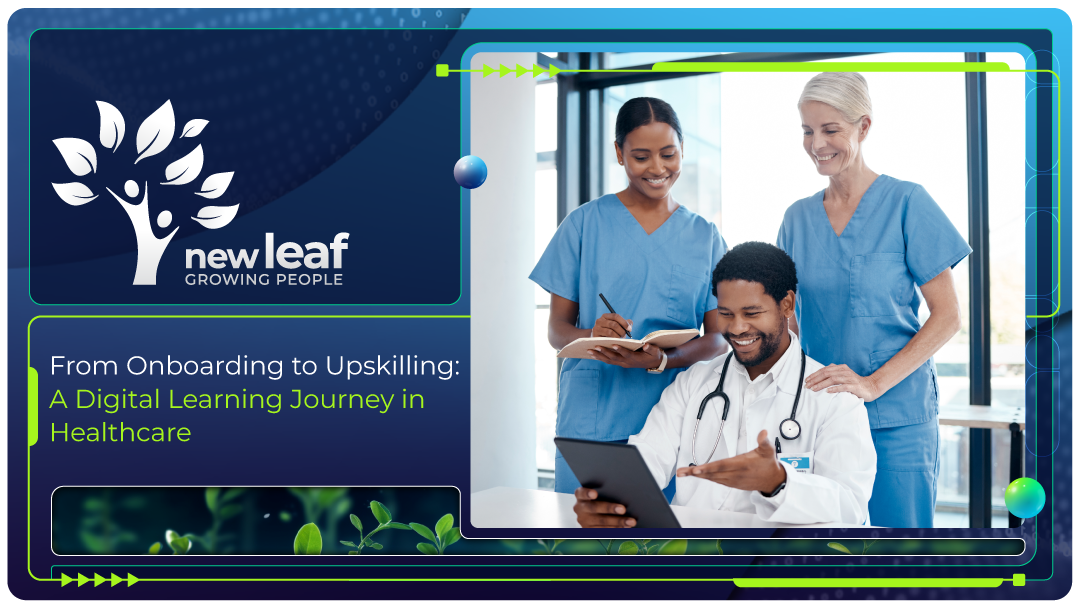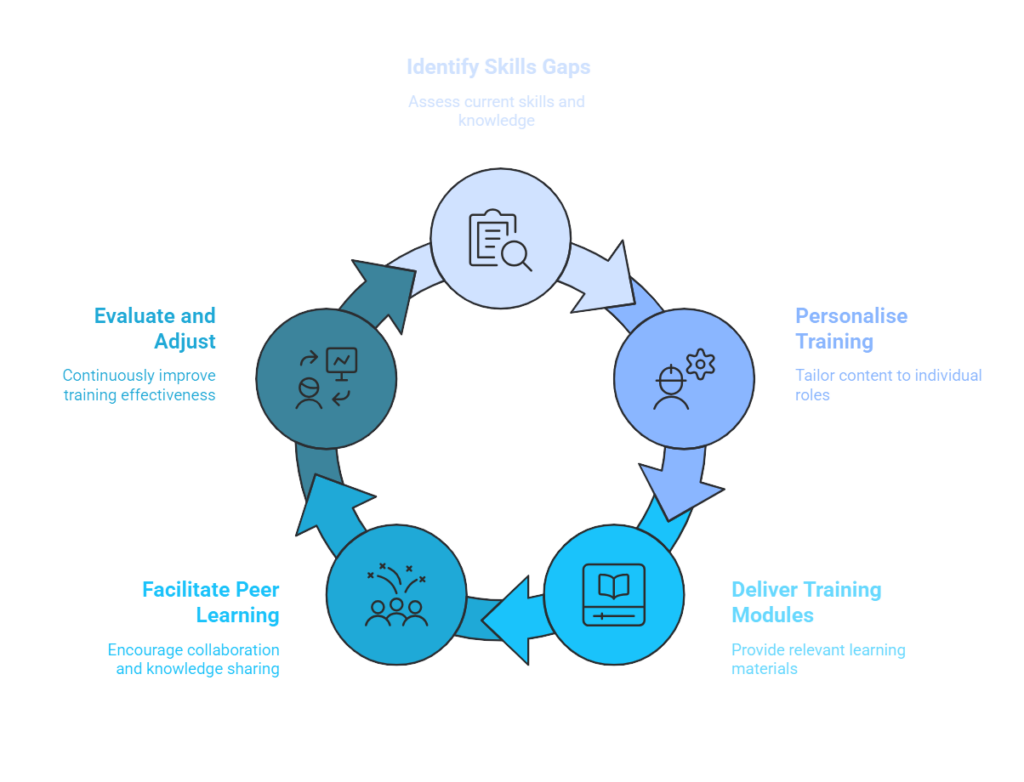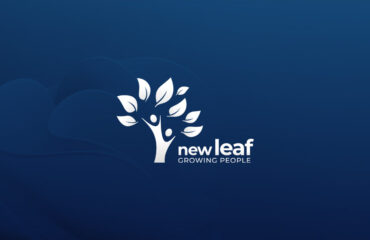
A systematic review of scientific literature conducted by the WHO and Imperial College London set out to evaluate the effectiveness of eLearning for undergraduate health professionals. They found what we’ve known for a while—that students acquire skills and knowledge through eLearning as well as or better than they do through traditional teaching.
A study published in the National Library of Medicine confirms this, stating that the benefits of eLearning in healthcare include increased accessibility, interactivity, flexibility, knowledge management, and cost efficiency. It specifically mentions eLearning as a solution to the challenges of professional development faced by healthcare professionals in remote or rural areas.
In current healthcare settings, healthcare workers’ workloads often mean online learning is the only way they can address learning priorities while working. eLearning occurs independently from place and time, making it attractive for healthcare professionals who must be lifelong learners to stay up-to-date.
Modern learning management systems (LMSs) now provide a variety of learning experiences that bring the subject matter to life, bridging the gap between in-person and online training of healthcare staff. Take immersive eLearning methods like quizzes and games that encourage engagement or microlearning, which delivers small, bite-sized learning solutions that are quickly consumed and can be accessed time and again.
Other learning methods include social learning tools that facilitate peer-to-peer learning, AR and VR simulations that create realistic training experiences, and mobile learning that delivers short, interactive modules on the go.
All these can be done through an LMS such as TalentLMS, rated by the eLearning industry as one of the top LMSs for healthcare training. It offers functionality to easily onboard new employees (in-house or remotely), compliance training, product training, and skills training, along with a host of other features.
So, how can healthcare administrators and HR professionals use an LMS to develop a well-trained healthcare team? Here’s what it looks like in practice.
Seamless Digital Onboarding In Healthcare
An LMS for healthcare employee onboarding typically includes interactive, compliance-focused, role- and skills-based training. Using a standardised yet flexible system, it ensures trainees retain their creativity and experiential problem-solving skills based on real-world knowledge. Learner onboarding is streamlined by importing users in bulk, inviting them to self-register, and syncing accounts from other systems.
Onboarding in the healthcare environment is facilitated by, for example, interactive eLearning with quizzes on local healthcare regulations and patient rights, or scenario-based training on handling patient records securely.
New hires can experience a hospital or clinic tour via a 360° virtual reality tour of the facility, and administrative staff can receive Electronic Health Record (EHR) system training through hands-on LMS simulation of data entry and patient documentation.
The LMS can also proactively provide stress, fatigue, and resilience training through self-assessment quizzes, guided mindfulness exercises, and time management planning exercises.
Continuous Professional Development In Healthcare
Healthcare professionals must stay up-to-date with the latest techniques, medical practices and compliance requirements to provide the best care for patients. By incorporating innovative technologies and approaches, healthcare trainers can create more engaging, effective, and efficient ongoing training programs that meet the unique needs of each learner.
eLearning technology enables the leveraging of fun and flexible learning formats, whilst simultaneously transitioning towards a more personalised, scalable, and learner-centric model. For example:
- Realistic simulations and AR enhance clinical decision-making and procedural accuracy.
- Adaptive learning journeys adjust the difficulty level and create new learning pathways to suit the learner.
- Mobile applications and eLearning modules support self-paced learning, allowing learners to update their knowledge in line with emerging medical advancements and regulatory requirements.
- Digital tools enable comprehensive assessment mechanisms, providing instant feedback to learners while helping educators track progress and identify areas for improvement.
Role-Specific Healthcare Training Pathways
An AI-powered LMS can create role-specific and personalised training pathways to ensure healthcare workers receive relevant training tailored to their responsibilities and career path. AI-driven assessments identify skills gaps and adjust content accordingly, while adaptive learning journeys personalise training based on each learner’s role, experience, and knowledge level.
Here are some examples of what that looks like in practice:
- Nurses and midwives receive dynamic modules on infection control, patient care, and medication administration, with simulations for hands-on procedures.
- Surgeons and specialists access advanced surgical technique training, VR-based simulations, and case-based learning to refine decision-making.
- Administrative and support staff get tailored courses on patient data protection, hospital management systems, and communication skills.
- Social learning tools like discussion forums, blogs, and wikis facilitate knowledge-sharing and peer-to-peer learning among healthcare workers in the same profession.
This approach ensures each healthcare professional only learns what’s necessary for their role, improving engagement, competency, and compliance while reducing time spent on irrelevant content.
AI-Powered Healthcare Training Cycle

Upskilling Healthcare Professionals For Career Growth
Digital learning enables healthcare workers to specialise, gain new qualifications, and take on leadership roles by accessing targeted courses. For example, a registered nurse can complete an online certification in critical care or paediatrics, enabling them to specialise in a high-demand field.
Training facilitators can plug in leadership and management development courses to prepare experienced professionals for supervisory or managerial roles. For example, a senior nurse can take a leadership course via an LMS, supporting a transition to ward manager or director of nursing roles.
Many healthcare roles require ongoing learning to maintain licensure in their field, and here, an LMS can track continuous professional development and compliance training progress, recommend courses, and ensure compliance with local regulatory training requirements.
Measuring eLearning Effectiveness In Healthcare
Connecting training outcomes directly to business impacts and financial gains is essential when training a large and diverse workforce. However, tracking individual and organisational progress can be challenging with so many data points generated.
Most modern LMSs can crunch the data into usable reports. But, when used with New Leaf Technologies’ AI-powered Training Intelligence System, training leads can combine diverse data sets to gain a much more holistic perspective on how well the training impacts learning and real-world performance.
These data-driven insights help healthcare organisations track metrics related to digital learning in healthcare. They include workforce progress (course completions, assessment scores, and engagement levels), help to identify and address skill gaps, and refine and enhance training programs to ensure higher retention and application of knowledge.
New Leaf Technologies Are Experts In Healthcare Staff Training
Digital learning provides a structured, efficient approach to training in medical environments. With New Leaf Technologies, your team can be onboarded and upskilled on one platform. Get in touch today to explore our leading solutions for onboarding and upskilling healthcare professionals.




